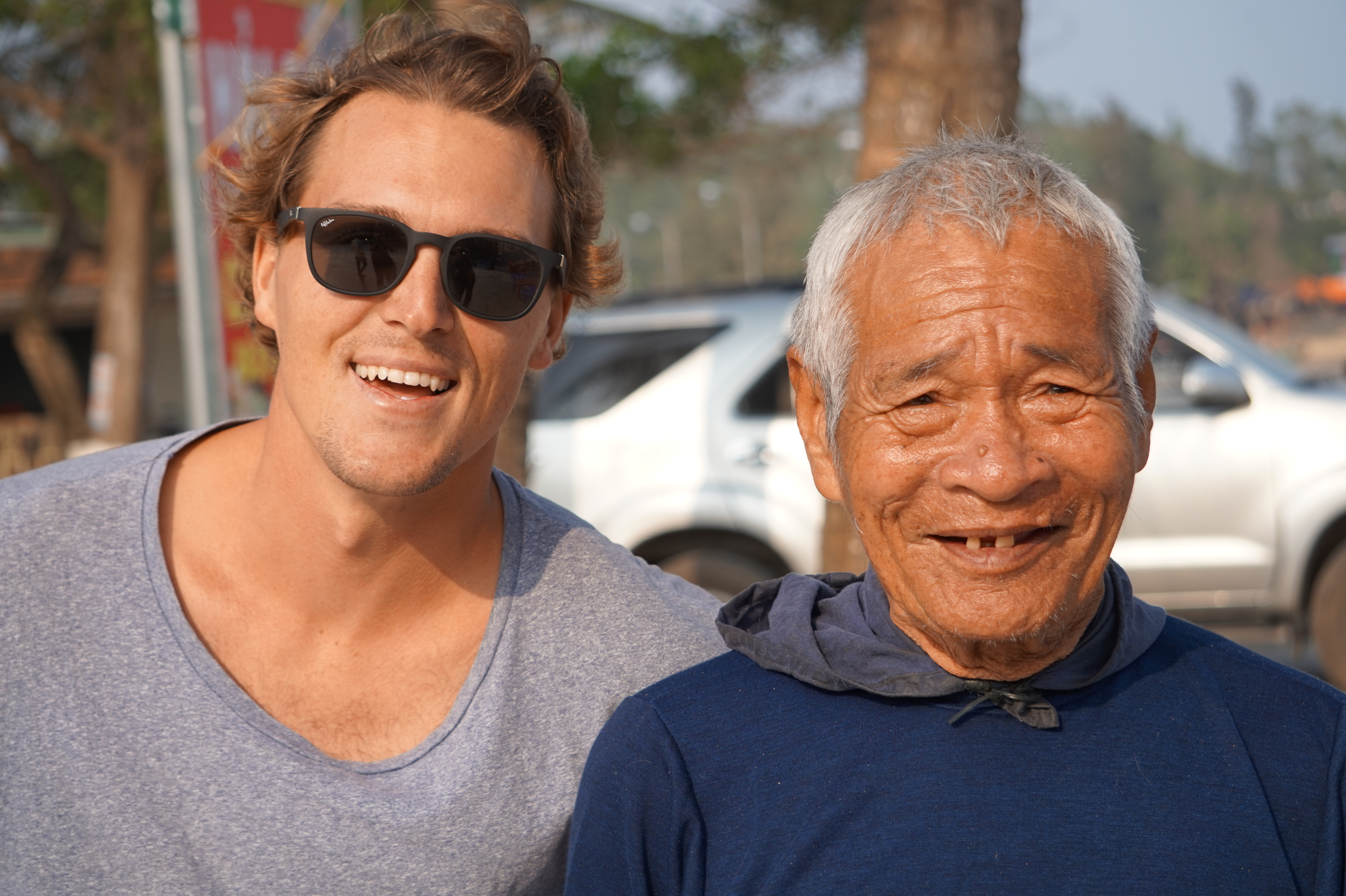Solidarity trips are intended for travelers who, in addition to getting to know the community of their destination, want to contribute to its development. The idea is to raise awareness about responsible tourism and solidarity.
Currently, the possibilities of international travel are open to almost everyone, and although there are many ways and interests when it comes to travel, it is important to highlight the social impact that tourism has, and how we can improve the experience for both ourselves and our destination.
Each person has particular preferences and circumstances, but if you are considering a solidarity trip, there has to be a sense of commitment, and the desire to feel, live and/or savor the experience in its entirety.
How can you make a solidarity trip?
There are many ways to collaborate with the communities; the simplest is to make an economic contribution to an NGO of your interest in the country, to visit cooperation projects or also to participate in solidarity activities.
They usually last from one to four weeks, during holiday periods such as Easter or summer. Normally by small groups accompanied at all times by the organizers, so previous training or experience is not necessary.
In this way, while we enjoy the wonders of another culture, we are aware and act according to our social responsibility. We are sensitive to the inequalities present and participate in the struggle to change a little piece of the world.
Solidarity trips are the perfect opportunity for those who have not yet entered the world of volunteering. Travelers get rid of uncertainty, doubts and insecurities, fear of the unknown.
Differences with international volunteering
This is NOT an experience of international volunteering; solidarity tourism goes beyond traditional tourism, but it is NOT part of the development projects organized by local NGOs.
International volunteering lasts from one month to one year, normally you can find active projects at any time of the year, and instead of contributing only with money, the person or group contributes with their time and effort.
In addition, volunteers must in many cases have specific training, be it languages, specific skills, etc.
When choosing between the two, think about your level of commitment, as to face international volunteering you have to be prepared.
NOW IT'S YOUR TURN!
